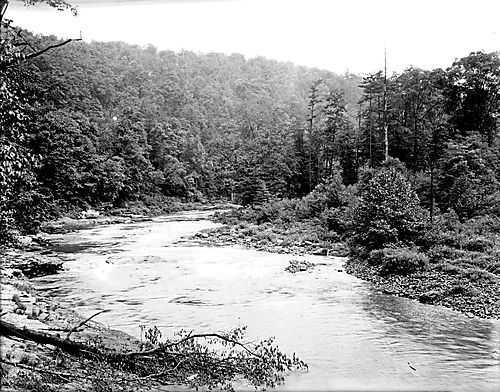Why Do We Do a Land Acknowledgement?
 As the U.S. continues to reckon with the history of its indigenous peoples, land acknowledgements have become more common. Land acknowledgments help recognize indigenous peoples’ “resilience and resistance in the face of violent efforts to separate them from their land” (U.S. Dept of Arts & Culture). Between 1776 and 1887, the United States. seized over 1.5 billion acres from America’s indigenous people by treaty and executive order, largely without regard to their livelihoods, communities, and culture. Today, sacred indigenous lands are still being exploited to extract wealth.
As the U.S. continues to reckon with the history of its indigenous peoples, land acknowledgements have become more common. Land acknowledgments help recognize indigenous peoples’ “resilience and resistance in the face of violent efforts to separate them from their land” (U.S. Dept of Arts & Culture). Between 1776 and 1887, the United States. seized over 1.5 billion acres from America’s indigenous people by treaty and executive order, largely without regard to their livelihoods, communities, and culture. Today, sacred indigenous lands are still being exploited to extract wealth.
Land acknowledgements are a “simple, powerful way of showing respect and a step toward correcting the stories and practices that erase Indigenous people’s history and culture and toward inviting and honoring the truth.” For people unfamiliar with indigenous history, land acknowledgments recognize the names of America’s original inhabitants on the lands where they lived, serving as an important tool for education and inspiring action. Land acknowledgments also counter the idea that the Americas were discovered only a few centuries ago while promoting the true history and stories of the people who were already here. Furthermore, land acknowledgements are a step in the right direction in terms of mending relationships with native communities and with the land.
By becoming aware of and respecting the history of indigenous people in the U.S., people can learn to not repeat what has happened in the past while working towards a future in which we respect, revere, and live in harmony with the people who were here first.
Educational Resources
Learn more about indigenous people from the Pittsburgh region below:
- 1681-1776: The Quaker Province and the Founding of Pennsylvania: Includes the Wyandot, Delaware (Lenni-Lenape), and Iroquois (Haudenosaunee) peoples.
- 1748 Logstown Meeting: Includes the Wyandot, Mohican, Tisagechroami, Delaware (Lenni-Lenape), Shawnee, and Iroquois (Haudenosaunee) peoples.
- How The Ancients Honored The Dead: The McKees Rocks Mound: Adena culture.
- Osage Ancestral Map: Osage
- Who Lived Here First? A Look at Pittsburgh’s Native American History: Includes Adena culture, the Meadowcroft Rockshelter, and the Wyandot, Monongahela, Delaware (Lenni-Lenape), Shawnee, and Iroquois (Haudenosaunee) peoples.
Read more about Native American history and present in Pittsburgh.
